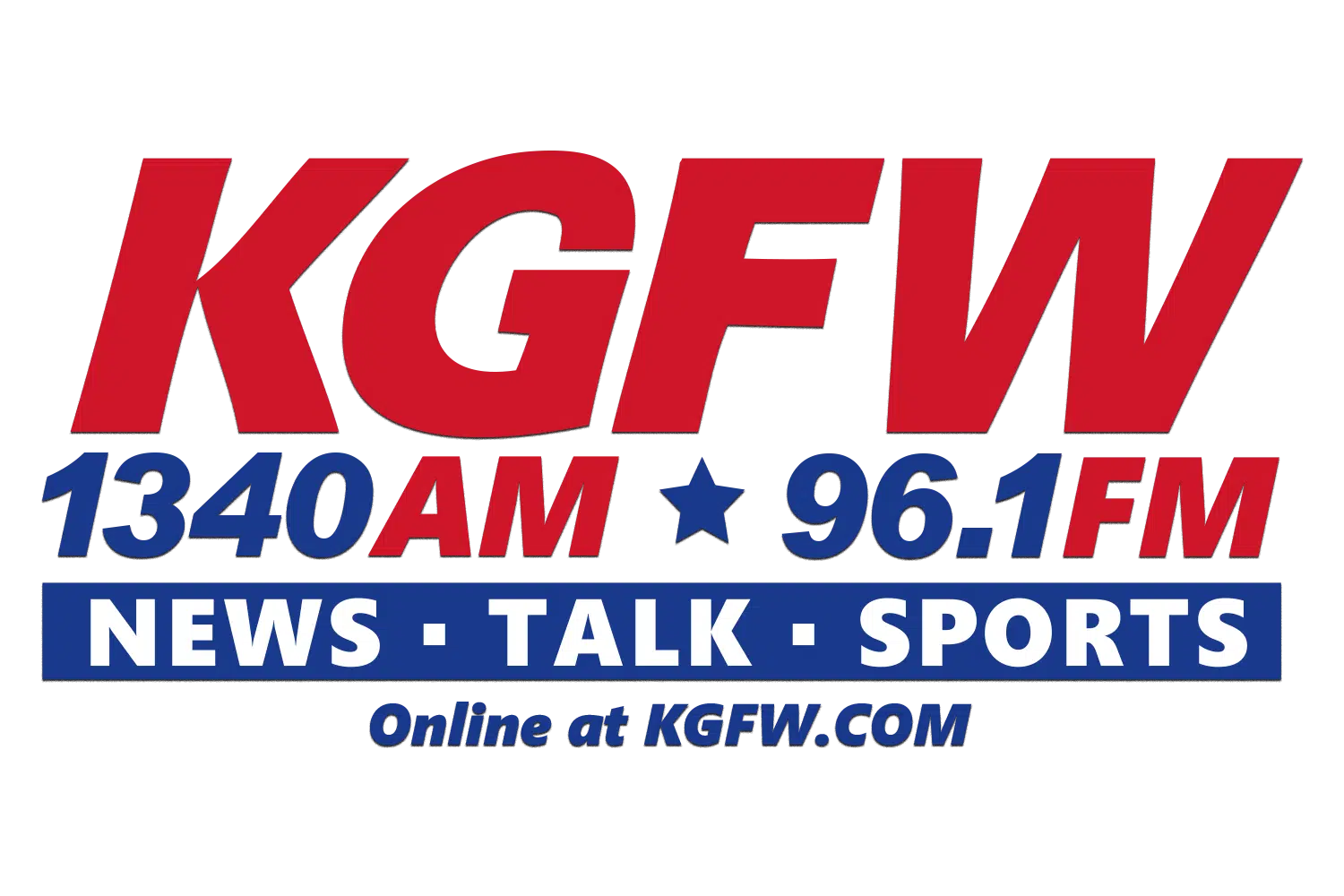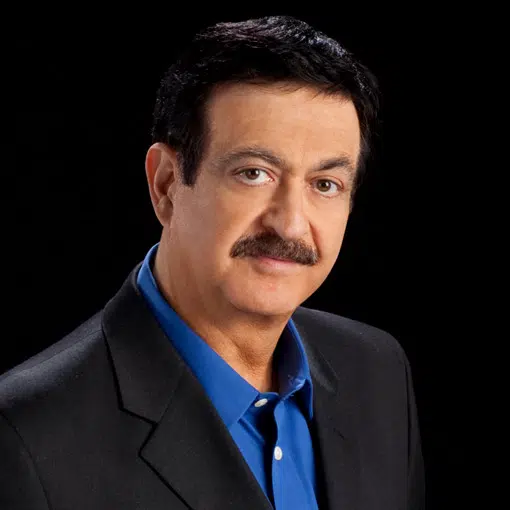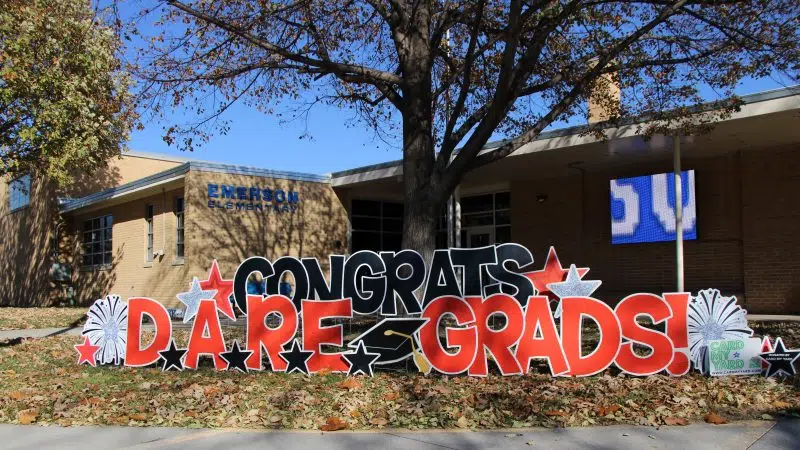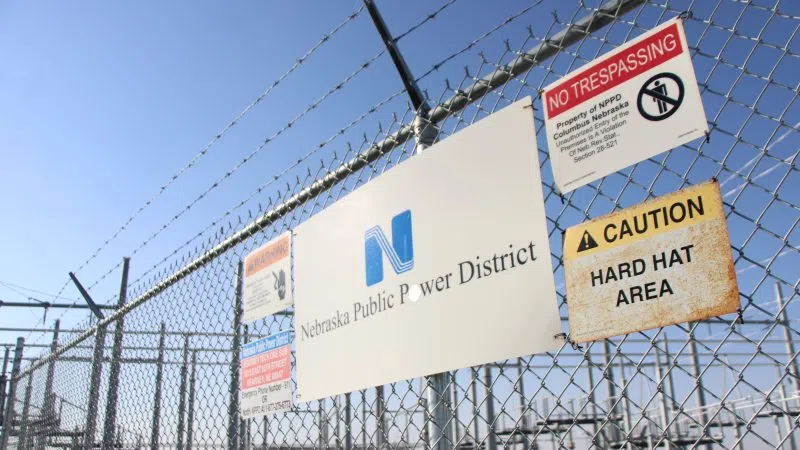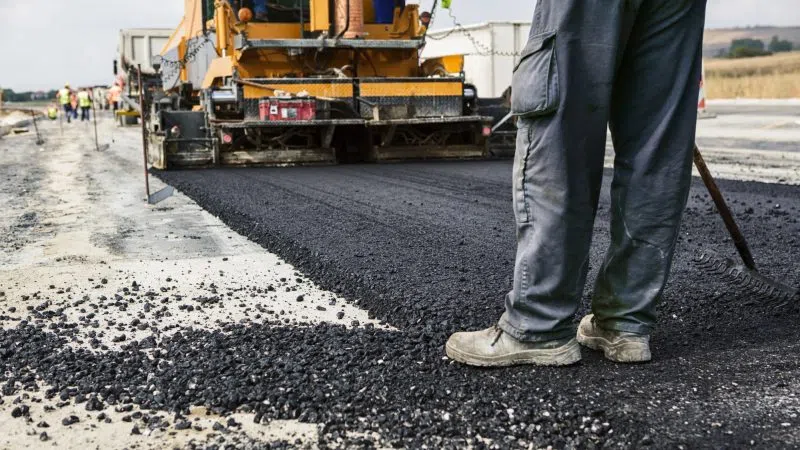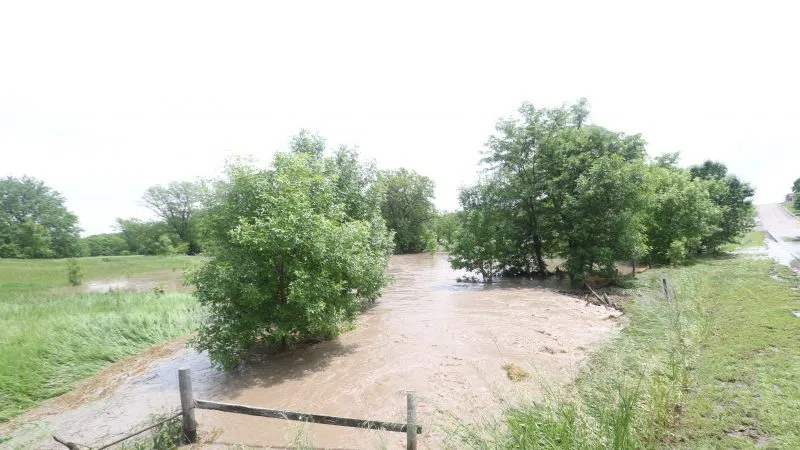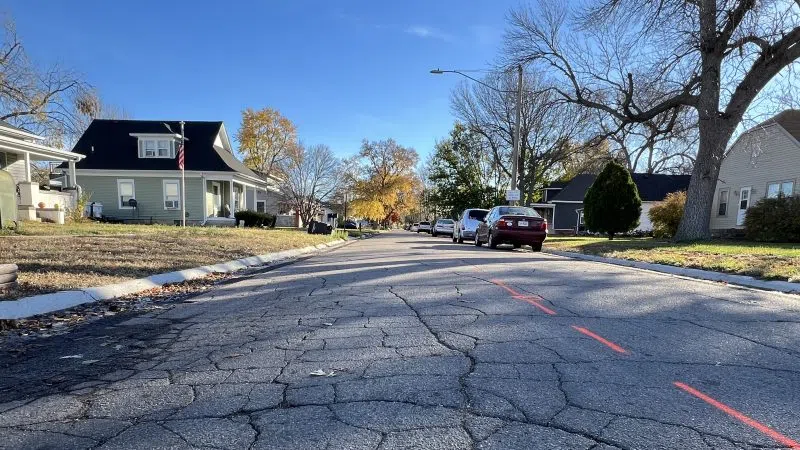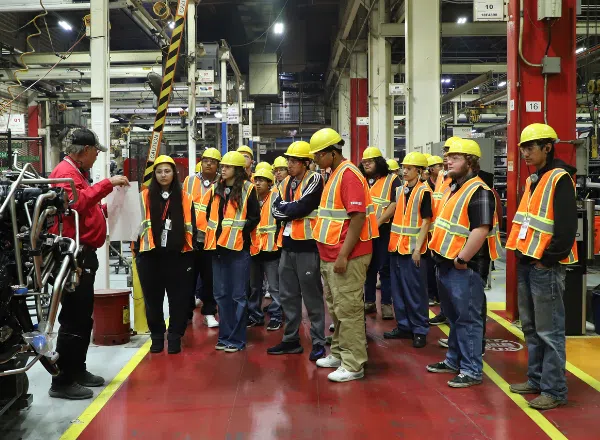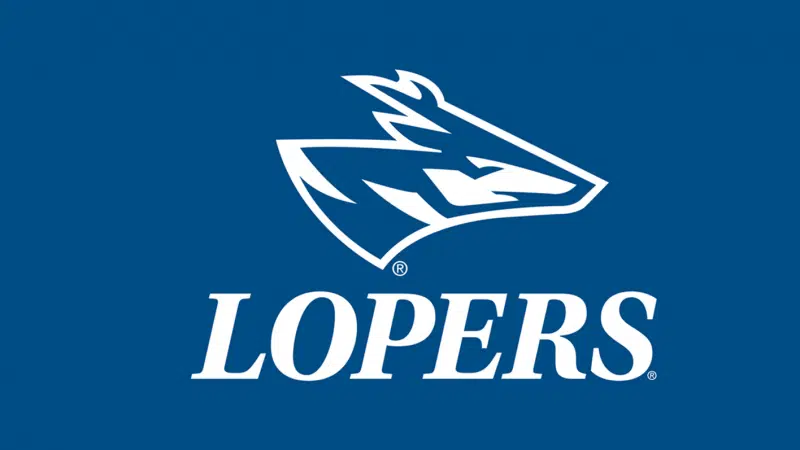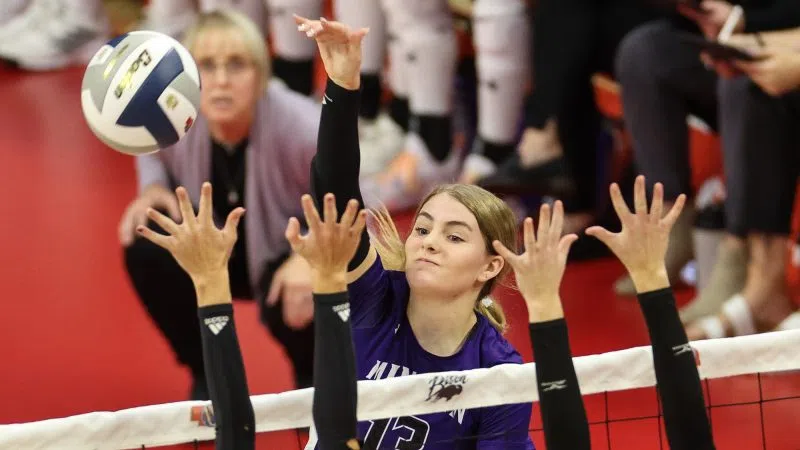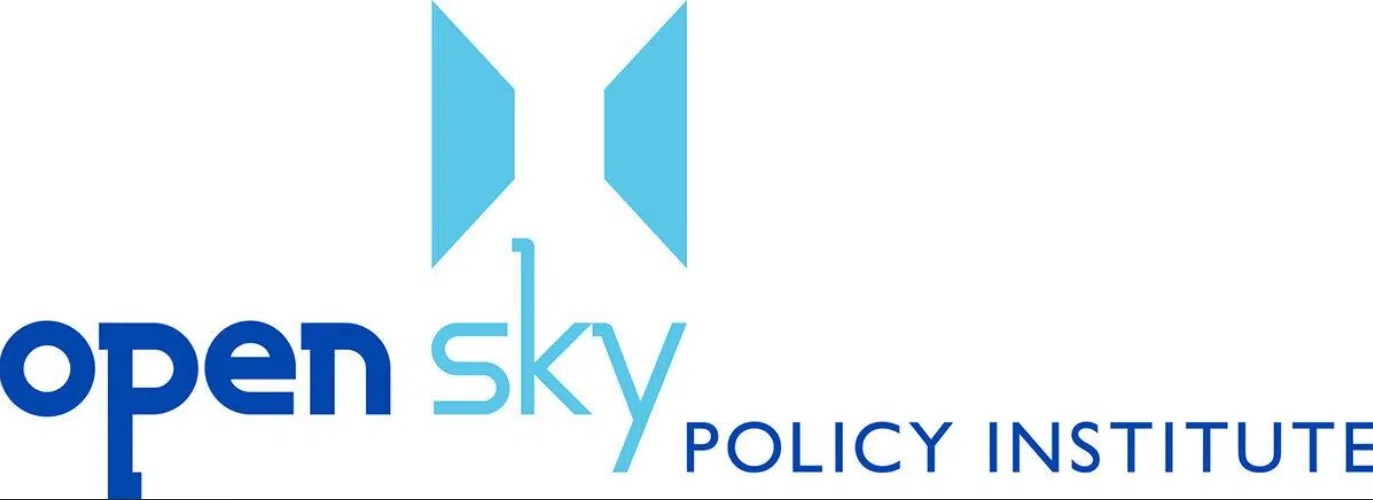
OpenSky Policy Institute, Courtesy
LINCOLN — Below are statements from OpenSky Policy Institute Executive Director Dr. Rebecca Firestone following the release of more details on a proposal that would reduce property tax revenues through a shift to sales taxes.
The proposal would raise Nebraska’s state sales tax rate by 1 cent, an 18% increase that would move Nebraska into the top 10 for highest rates among states. Among bordering states, Nebraska’s rate of 6.5% would tie Kansas for the highest rate.
The proposal would also remove some existing sales tax exemptions, including exemptions on purchases of pop and candy, and would create a new exemption on residential utilities.
“A sales tax increase means Nebraskans will be paying more for the goods and services that their families need, adding to the cost of cars, clothes and school supplies,” said Dr. Rebecca Firestone. “The new exemption on residential utilities will do little to soften the burden on working families, or to make Nebraska more affordable for those looking to move to the state.”
Sales taxes, based on spending rather than income or ability to pay, are the most regressive tax category in Nebraska. Low- and middle-income families in Nebraska pay four times more as a share of their income in sales and excise taxes than the state’s best-off families.
On extending revenue caps to counties and cities:
“We should be increasing state support for local governments if we want to truly address an overreliance on property taxes,” said Dr. Firestone. “Limits on local property taxes for cities and counties could prevent those localities from providing the services that are important to families.”
On trigger that could lower sales tax increase:
“Ongoing adjustments to the state sales tax rate adds another complication for the small businesses that fuel our economy,” said Dr. Firestone. “A tax system with sustainable and predictable revenues is necessary to ensure Nebraska can invest for long term prosperity.”
